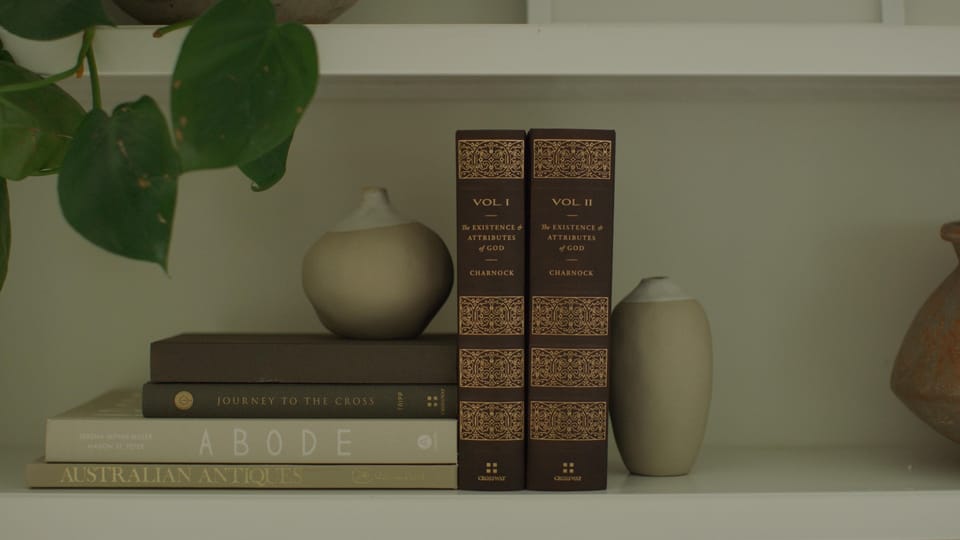Develop a Plan to Read the Old Stuff

I’m a sucker for new books. I get emails from some publishers highlighting their new releases, and no matter how much I know I don’t need more books, I’m tempted to buy them. Sometimes I do.
But what I need more are old books.
Nothing against new books. I’m working on writing another one myself. But I know the joy of finding a classic that’s stood the test of time and that speaks with greater depth and profundity than almost any new book written today.
The Joy of Old Releases
Rob Eagar is an expert on marketing books. In a recent email, he wrote about the secret of selling old books. Most contemporary authors only focus on selling their last book and ignore older ones they’ve written.
Eagar takes exception to this practice. “Readers don't care about the age of your book. Readers only want to know if your book will be a satisfying read.”
I agree, except we can apply what he writes to books that aren’t just a few years old but dozens or even hundreds of years old. We need to overcome our inclination to focus on the new. Instead of looking for new reads, look for good reads. There’s a good chance that some of the best reads won’t be new releases but old ones — really old ones that have stood the test of time.
The Cost of Old Releases
Here’s the problem with some of the old releases: they require work.
Take The Gospel Mystery of Sanctification. John Murray called it “the most important book on sanctification ever written” and J. I. Packer has written that it is among the best books written on the Reformed doctrine of sanctification. But it’s also hard to read.
So is John Owen. It takes work to read through what he’s written. It’s dense and challenging. But it’s also worth it. That’s the key: it requires more work, but the payoff is greater too.
And it’s worth it. The more we get used to reading old books, the better we’ll be able to read old books, and the more we’ll enjoy the reward.
(Maybe, by the way, someone needs to write a book based on The Gospel Mystery of Sanctification that makes it friendlier and easier to read, or at least introduces people to the ideas of this book, just like James K.A. Smith and The Gospel Coalition did with Charles Taylor’s book A Secular Age. It’s a little shorter. It should be easier.)
A Simple Way to Start
One of the best ways to read old books is to look for books that have been updated and rereleased in recent years.
For instance, Mark Jones has updated Stephen Charnock’s The Existence and Attributes of God. It will still take work to read, but it helps that Jones has modernized the language and written chapter summaries.
Another option is The Wonderful Works of God by Herman Bavinck, or some of the Crossway Short Classics. I’m grateful for the abundance of old books being rereleased. We need more.
We don’t need to ignore newer books. Many of them are good too. But it’s helpful to balance our reading by reading old books too. They require more work, but the payoffs worth it.
We don’t need new books as much as good books, and if you’re looking for a good book, chances are you’re looking for an old one too.





